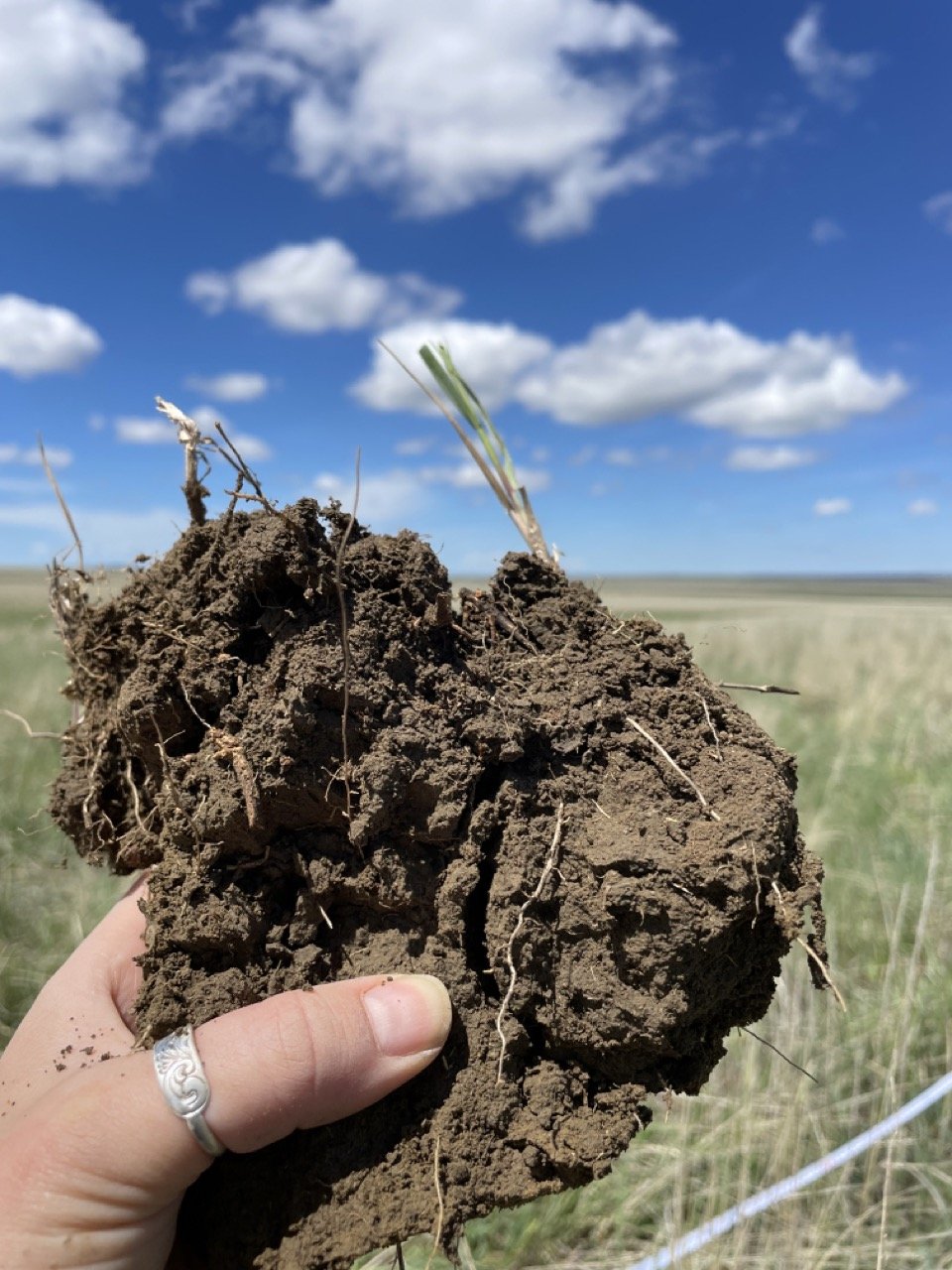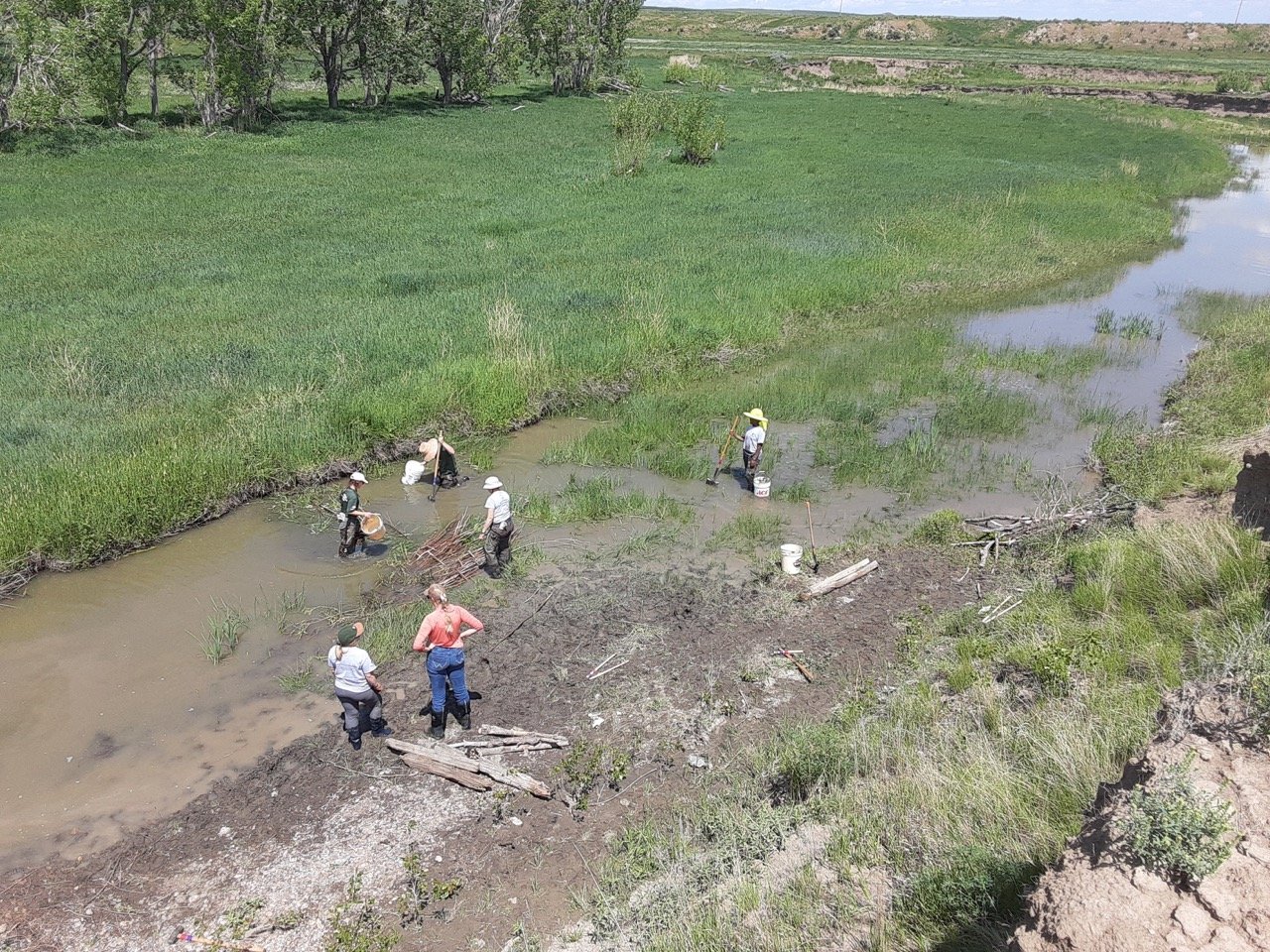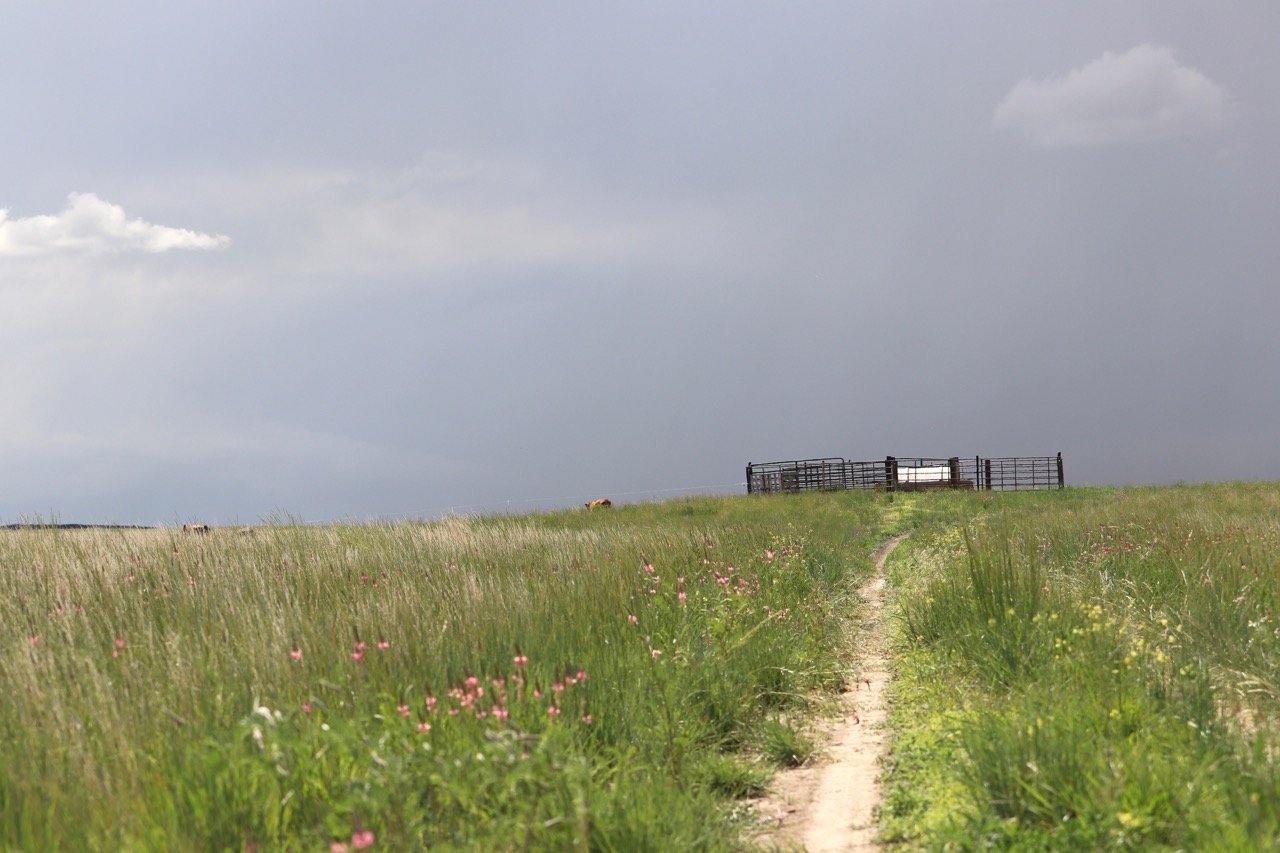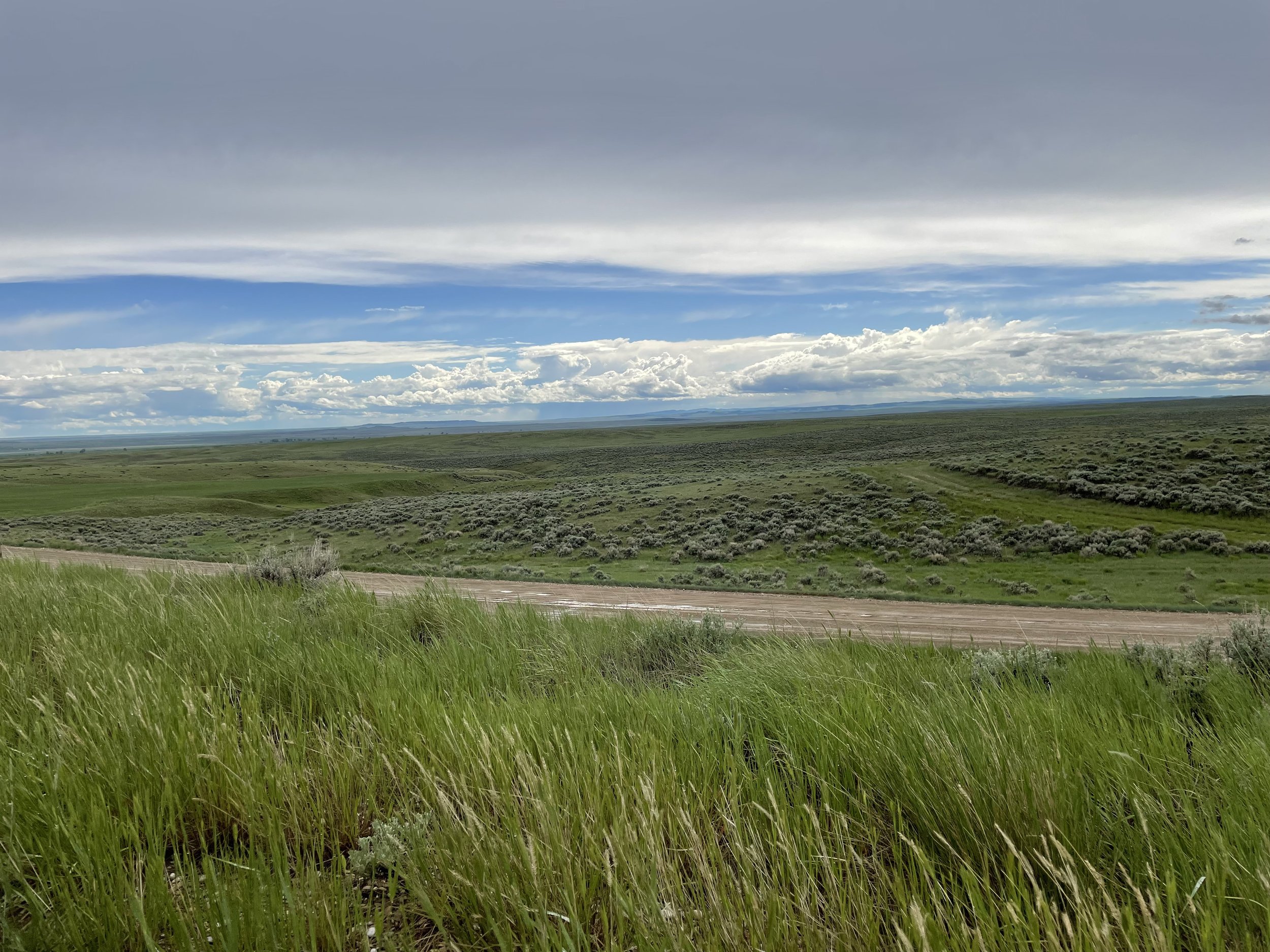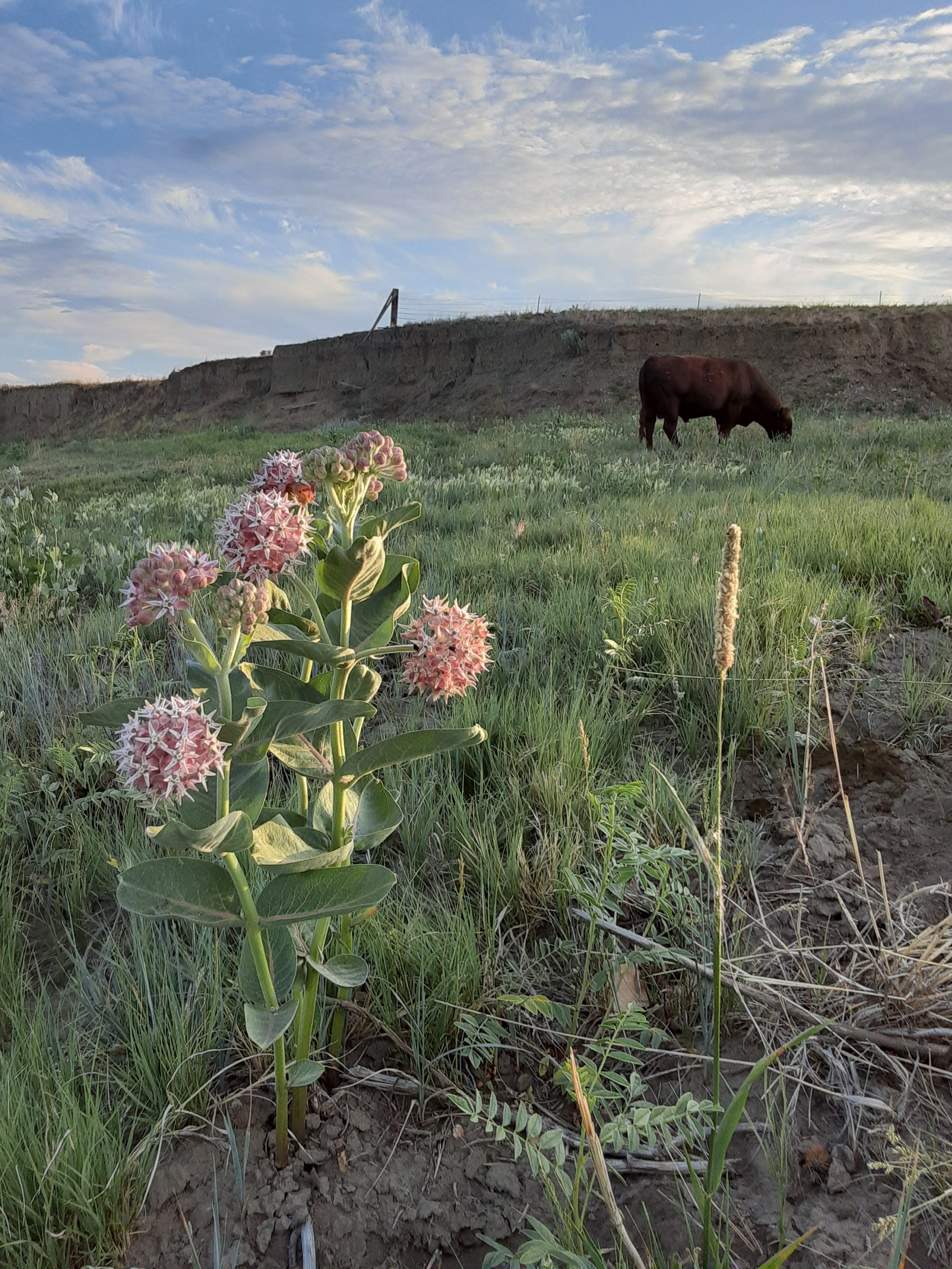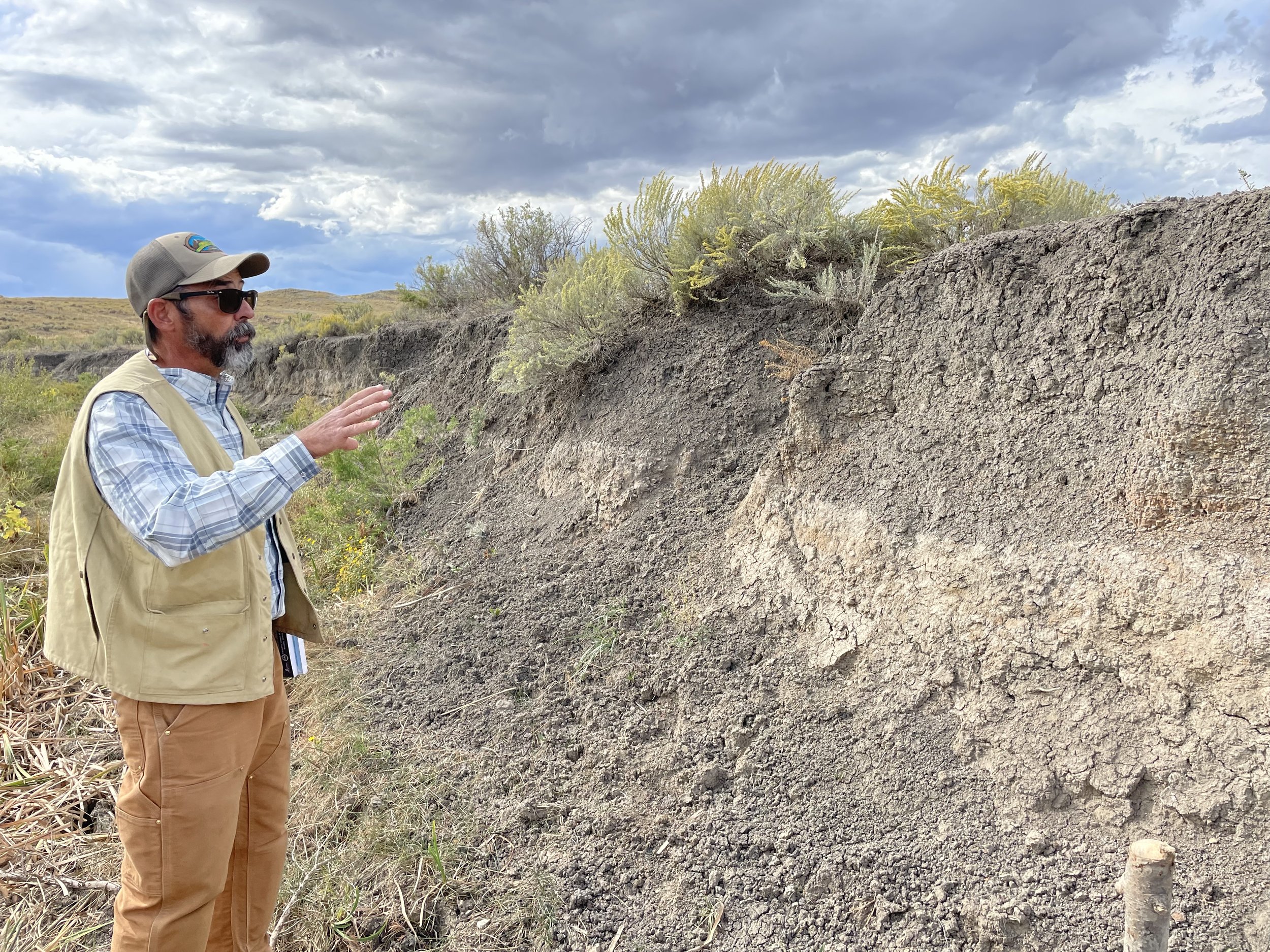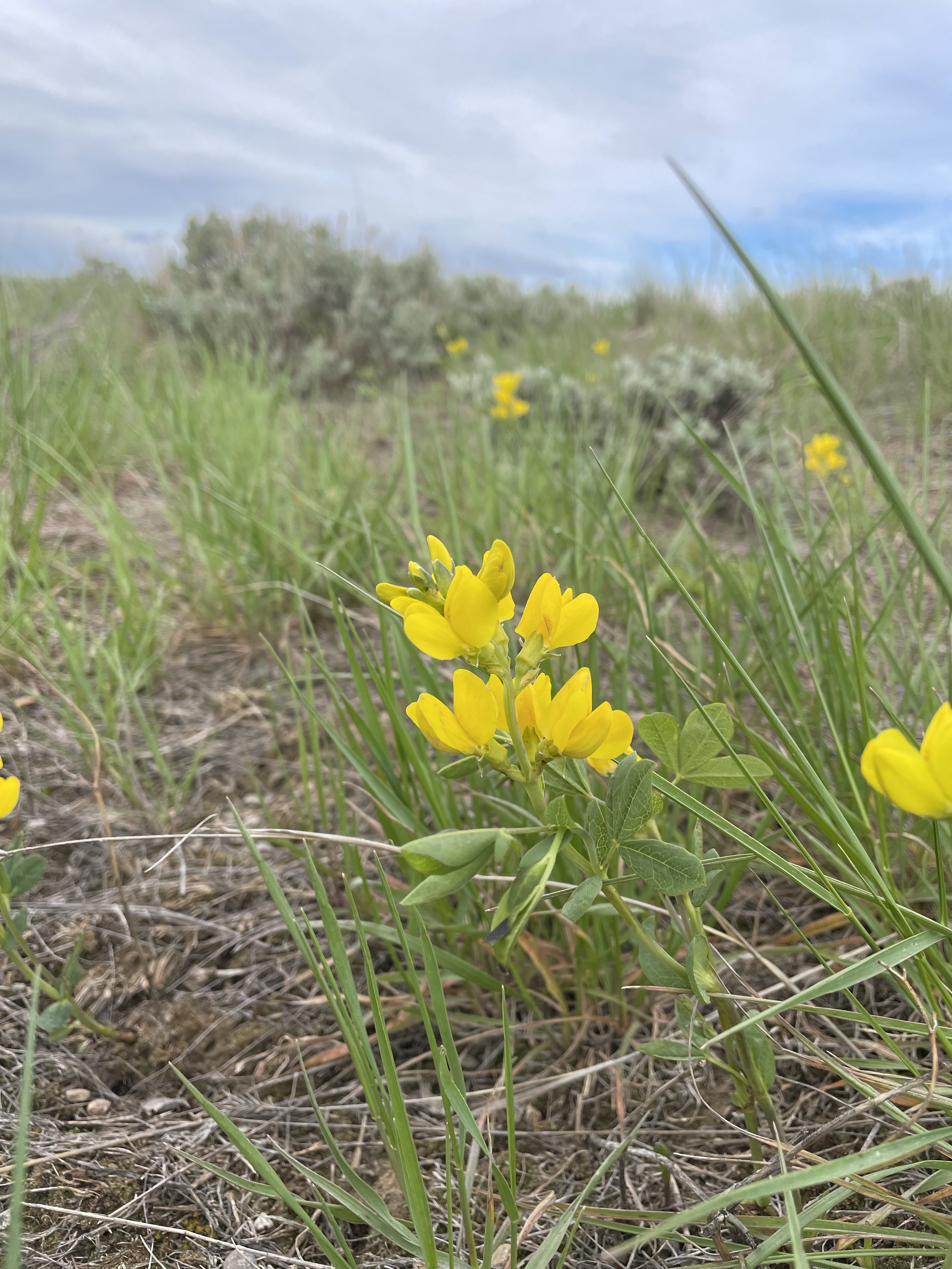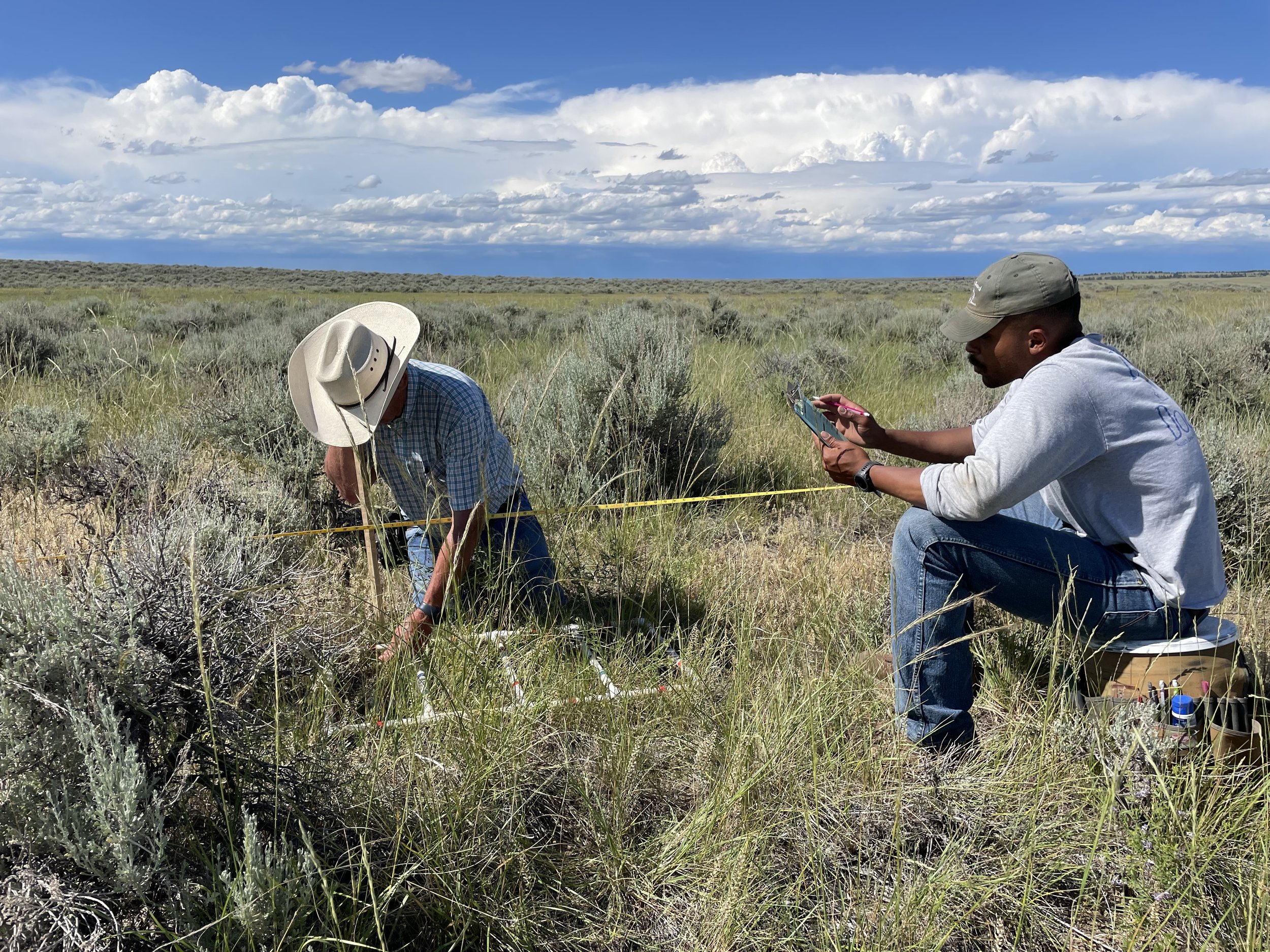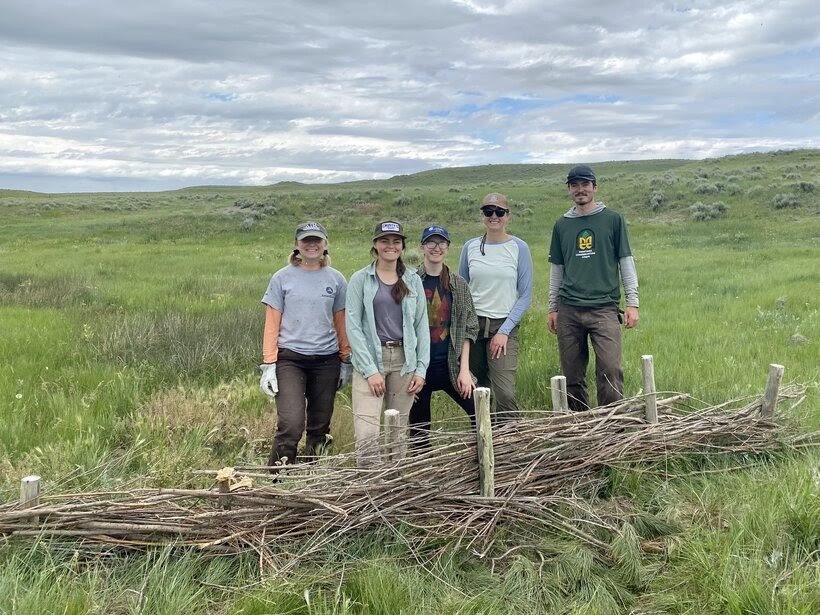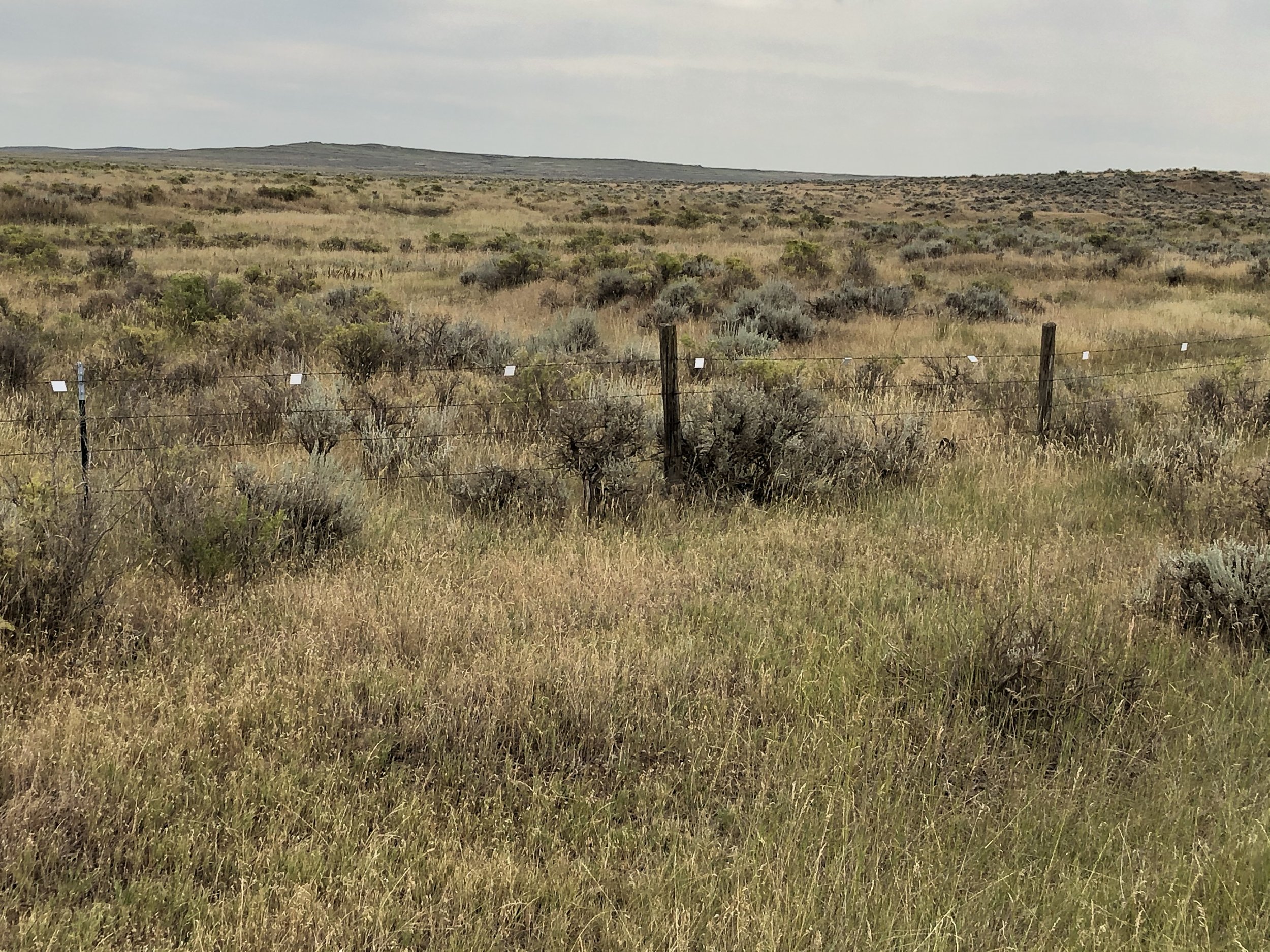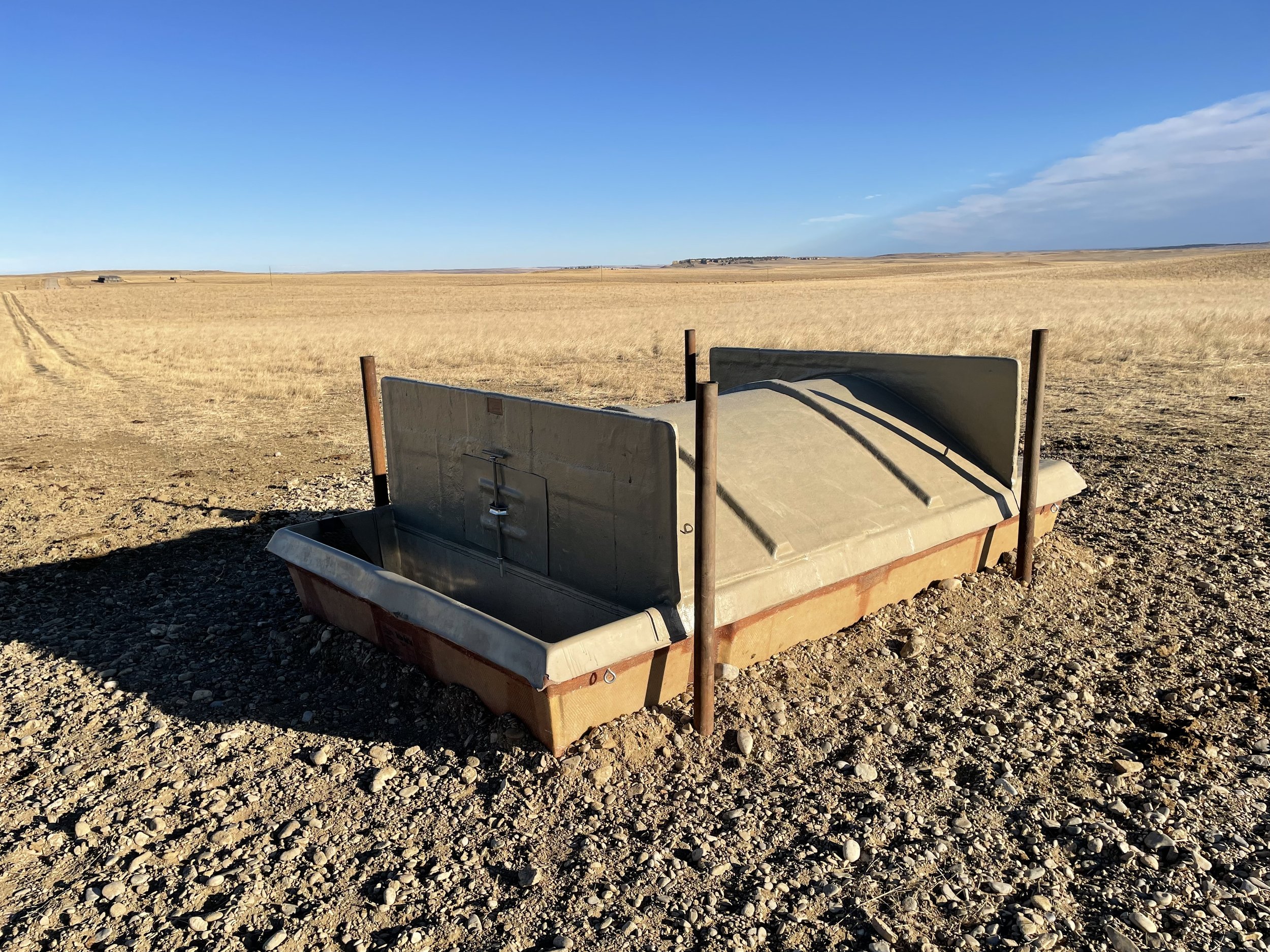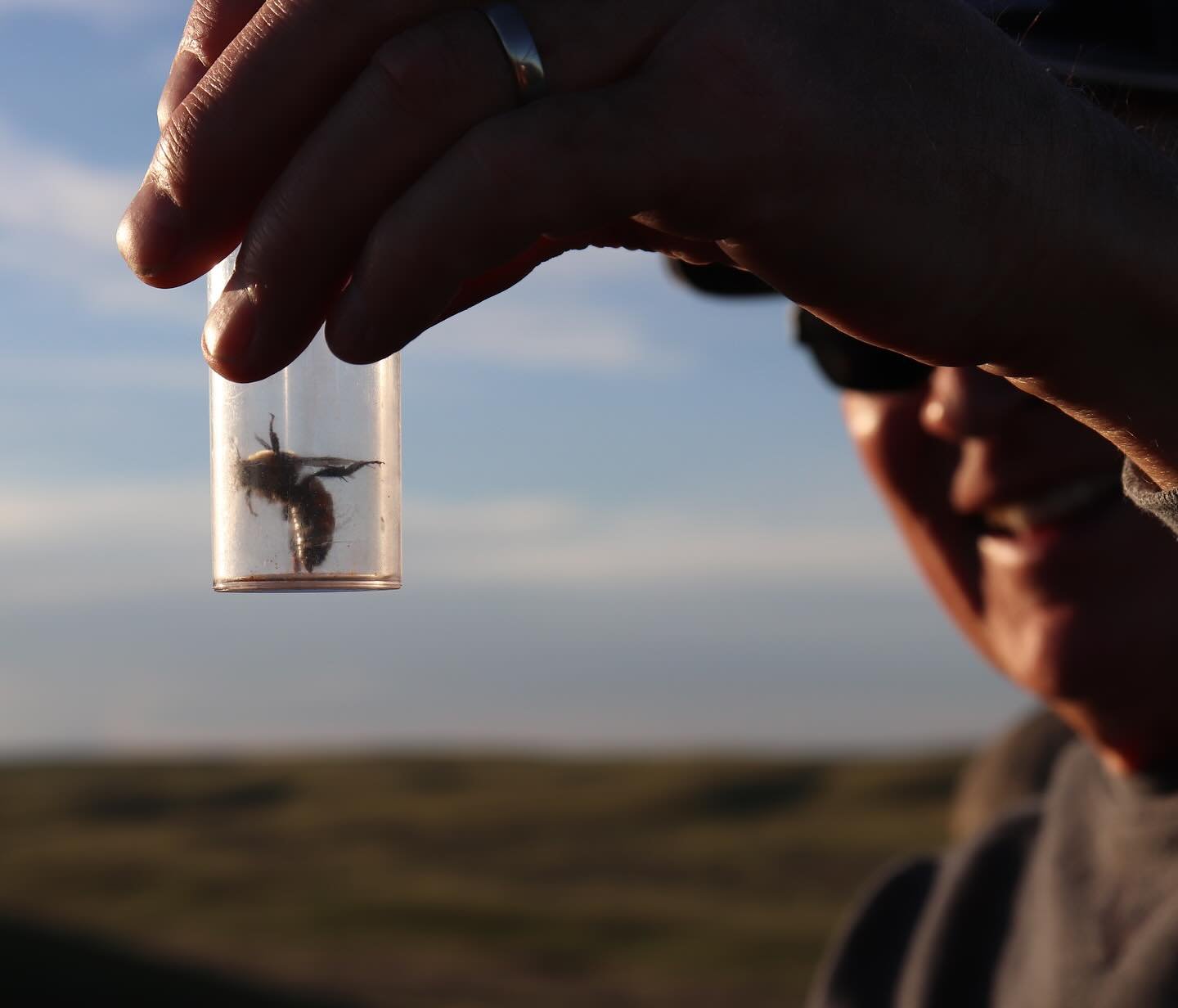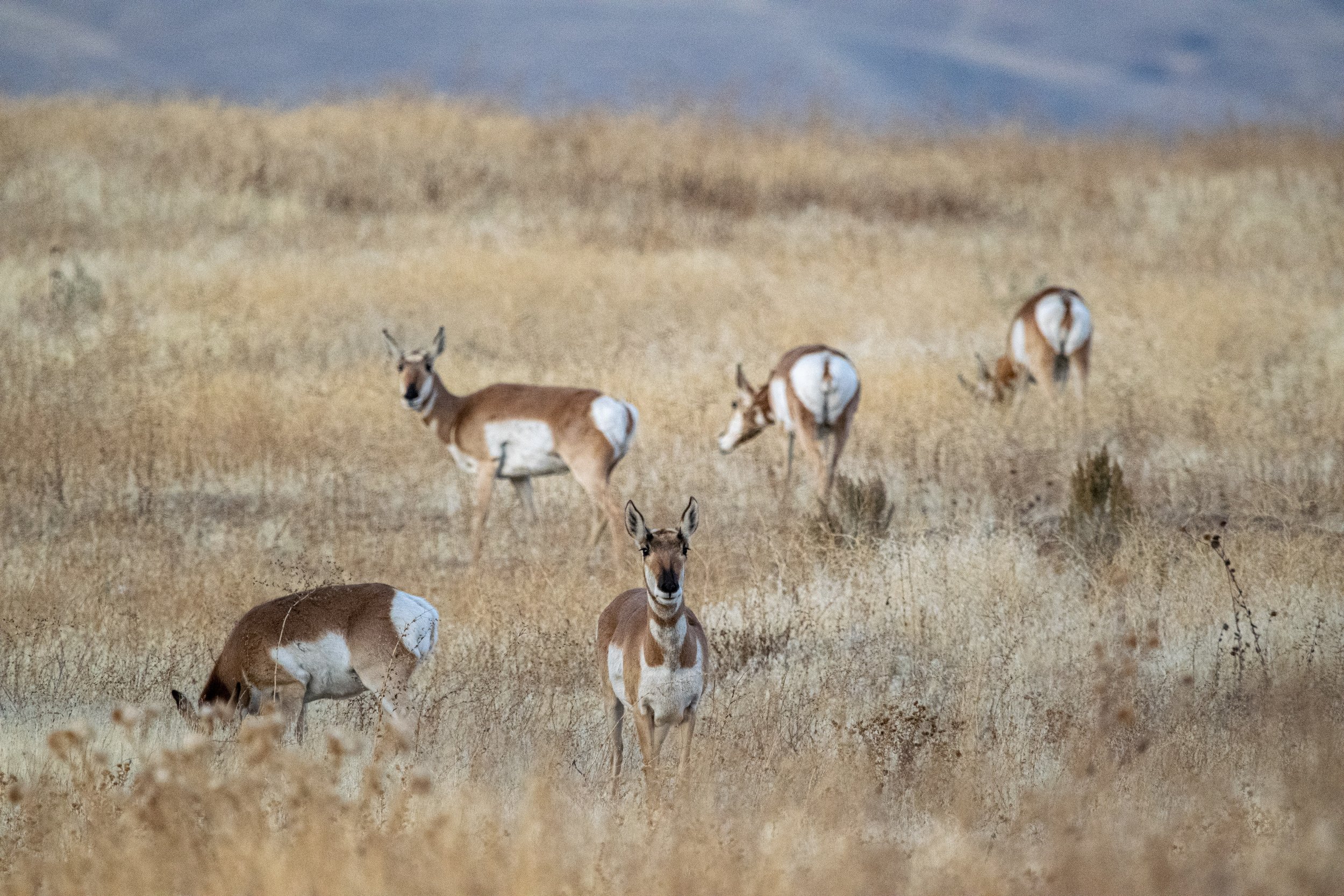Conservation
ACES provides educational and fiscal support for ag producers to implement conservation practices, restore and improve prairie, and support wildlife. We have have adopted the Working Lands for Wildlife (WLFW) approach to create voluntary conservation opportunities that improve agriculture opportunities in conjunction with wildlife habitat on working lands. Central Montana is a largely intact landscape, has solid wildlife populations, and a motivated cultural will to participate in conservation practices – the three targets at the heart of WLFW’s threat reduction strategies.
The Conservation Program is overseen by a Conservation Committee, comprised of subject matter experts from NGOs and agencies in the fields of wildlife biology and natural resources, as well as experts with lived knowledge from local ranches. We work to develop relationships with conservation partners, and to follow a holistic approach to conservation that will create a more resilient human and ecological community. The work of ACES provides cultural and economic incentives for ranchers to keep from plowing the grasslands, continuing to sequester carbon, maintain wildlife habitat, and contribute to rural communities.
-
Rangeland Improvement Program
The Conservation Committee implements on the ground projects through the ACES Rangeland Improvements Program (RIP), which grants funds to private landowners for projects that benefit working lands. ACES follows the model first created by the Ranchers Stewardship Alliance for efficient and effective conservation delivery. The RIP assists ranchers across Central Montana with infrastructure and reseeding projects, understanding the Farm Bill Programs, woodland encroachment, and restoration of streams and wet meadows.
-
Soil Health Program
The Land Health Program has grown out of the need expressed by landowners to gain a better understanding of their soil health. In 2023, Winnett ACES launched a Soil Health Initiative to measure the interest and impacts of providing soil health technical assistance. This initiative provided ranches with soil health technical assistance and reached over 30 people through monthly pasture walk events during the summer. The preliminary work led to findings that inform adaptive management and support decision making on over 30,000 acres in central Montana. The initiative met with resounding success and ACES responded by building a Land Health Program.
The Land Health Specialist works with landowners to identify challenges to conservation and production, provide technical assistance, and create a plan to transfer lessons learned to other landowners. Landowners who enroll in the Land Health Program will be walked through a series of steps to determine their soil health and actions to take to remedy any issues uncovered.

